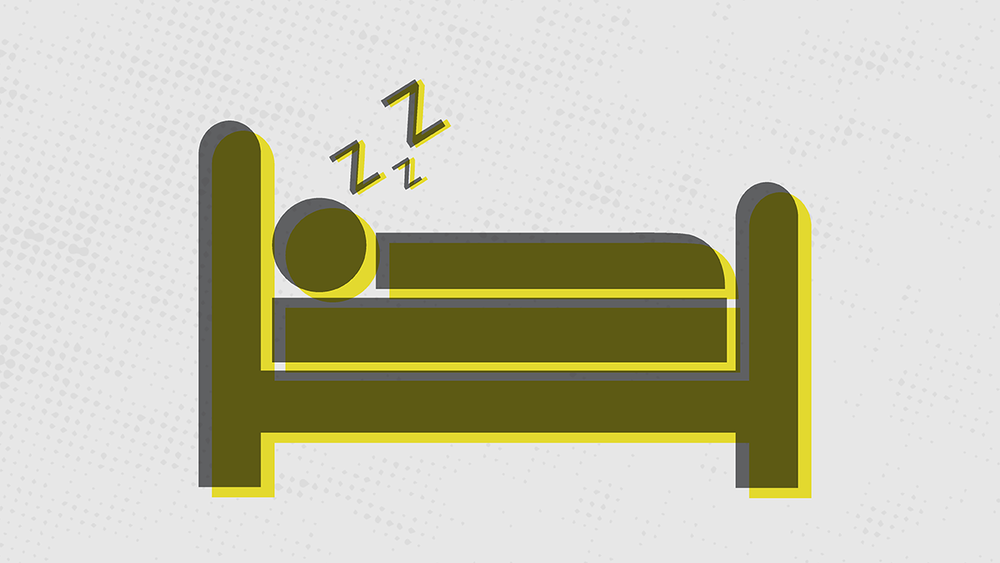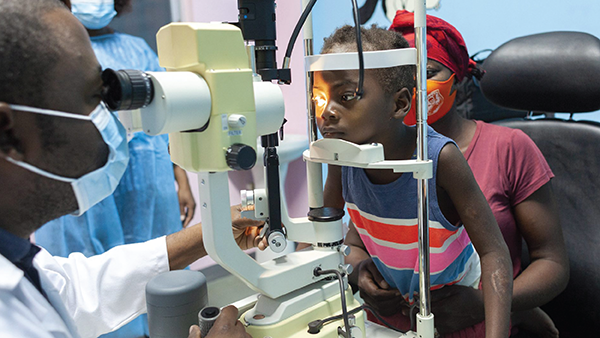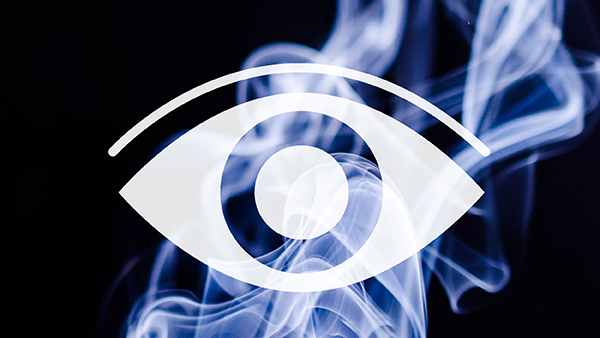Not Enough Shut-Eye? Or Too Much?
Study links poor sleep habits to heightened risk of sight loss
Getting less than seven hours’ sleep a night could be linked to a heightened risk of developing irreversible sight loss, says a huge UK Biobank study that monitored 409,053 participants aged between 40 and 69 for an average of 10.5 years.
And, to make matters worse, you’re no better off if you enjoy more than nine hours’ sleep, tend to feel sleepy in the daytime, or annoy other people by snoring.
There are other important factors to consider, of course; out of the 8690 cases of glaucoma identified, those with the disease tended to be older males who smoked and had high blood pressure or undiagnosed diabetes.
As BMJ Open reports, the study is observational and “as such, can’t establish cause.” And the researchers acknowledge that glaucoma itself might influence sleep patterns, “rather than the other way round.”
But they go on to say that there are “potentially plausible biological explanations for the associations found between sleep disturbance and glaucoma” and that the study findings underscore the need for eye checks among those with chronic sleep disorders to look for early signs of glaucoma.
The New Optometrist Newsletter
Permission Statement
By opting-in, you agree to receive email communications from The New Optometrist. You will stay up-to-date with optometry content, news, events and sponsors information.
You can view our privacy policy here
Most Popular
Sign up to The New Optometrist Updates
Permission Statement
By opting-in, you agree to receive email communications from The New Optometrist. You will stay up-to-date with optometry content, news, events and sponsors information.
You can view our privacy policy here
Sign up to The New Optometrist Updates
Permission Statement
By opting-in, you agree to receive email communications from The New Optometrist. You will stay up-to-date with optometry content, news, events and sponsors information.
You can view our privacy policy here









